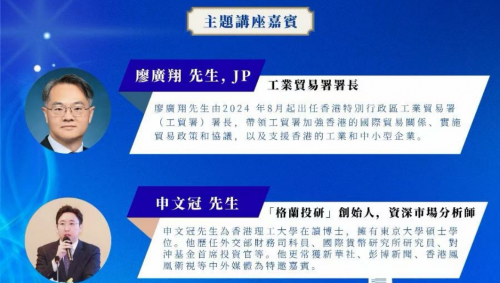
What is LIBOR?
LIBOR, or the London Interbank Offered Rate, is the average interest rate at which major international banks lend to one another in the London interbank market. It is a benchmark for short-term interest rates around the world and is used to determine the interest rates on loans, mortgages, and other financial products.
How does LIBOR affect financial markets?
LIBOR has a significant impact on financial markets as it is used as a benchmark for trillions of dollars in financial contracts. It affects the interest rates on loans, credit cards, and mortgages, and therefore, the cost of borrowing for individuals and businesses. Changes in LIBOR rates can also affect the value of financial products, such as bonds and derivatives.
Why is LIBOR being phased out?
LIBOR is being phased out due to concerns over its reliability and the potential for manipulation by banks. In 2012, it was revealed that several major banks had been manipulating LIBOR rates to benefit their own trading positions. As a result, regulators around the world have called for the development of alternative benchmark rates that are more transparent and less susceptible to manipulation.
What are the implications of the phasing out of LIBOR?
The phasing out of LIBOR will have significant implications for financial markets. It will require a massive overhaul of financial contracts that currently reference LIBOR, including loans, mortgages, and derivatives. The transition to new benchmark rates will also require significant coordination among financial institutions and regulators to ensure a smooth transition and avoid disruptions to financial markets.
What are the alternative benchmark rates?
There are several alternative benchmark rates that have been proposed or are currently being developed, including the Secured Overnight Financing Rate (SOFR) in the United States and the Sterling Overnight Index Average (SONIA) in the United Kingdom. These rates are based on actual transactions in the overnight lending markets and are considered more reliable and less susceptible to manipulation than LIBOR.
Conclusion
The phasing out of LIBOR will have far-reaching implications for financial markets and will require significant coordination and cooperation among financial institutions and regulators. As the transition to new benchmark rates continues, it will be important for all stakeholders to closely monitor developments and ensure that the transition is as smooth and seamless as possible.
 中小企业网
中小企业网




